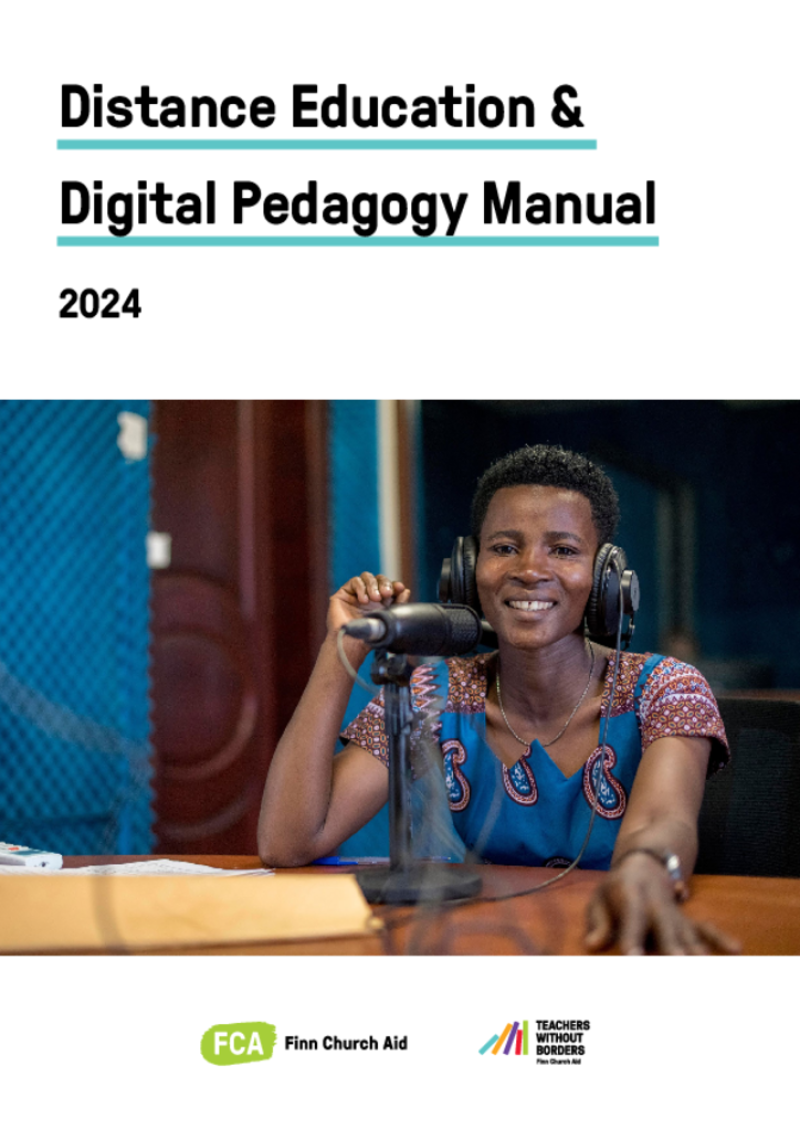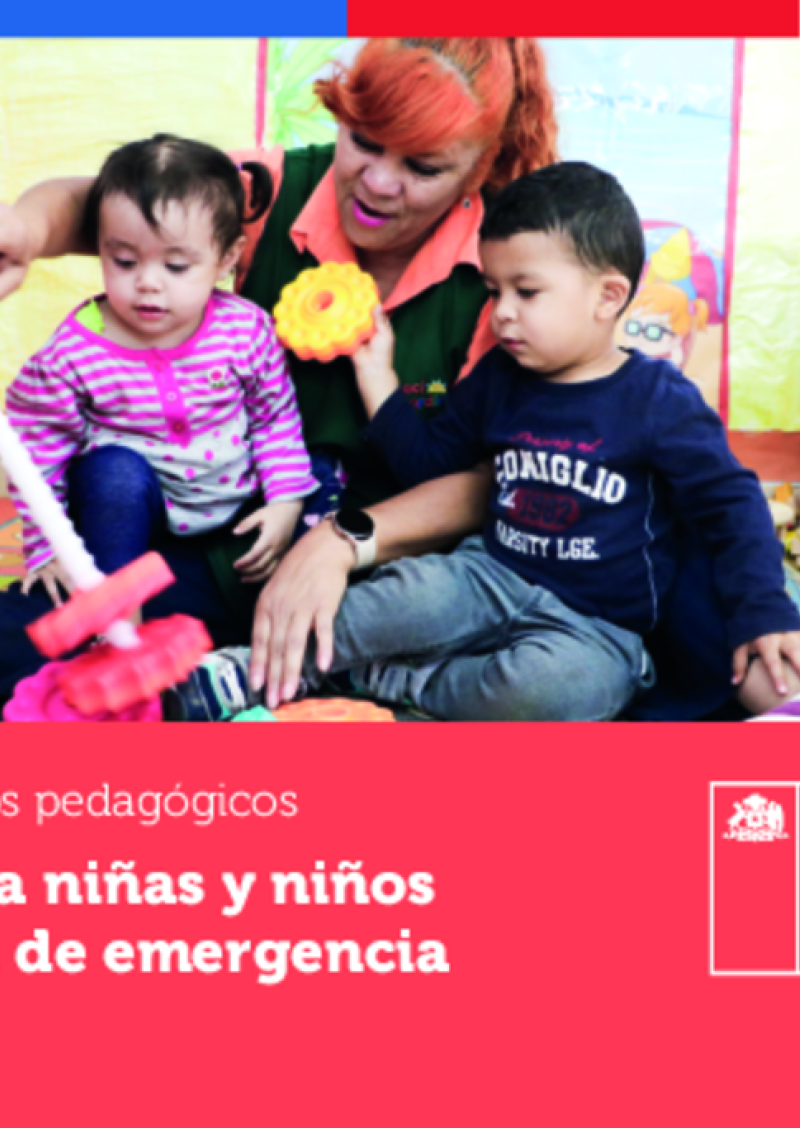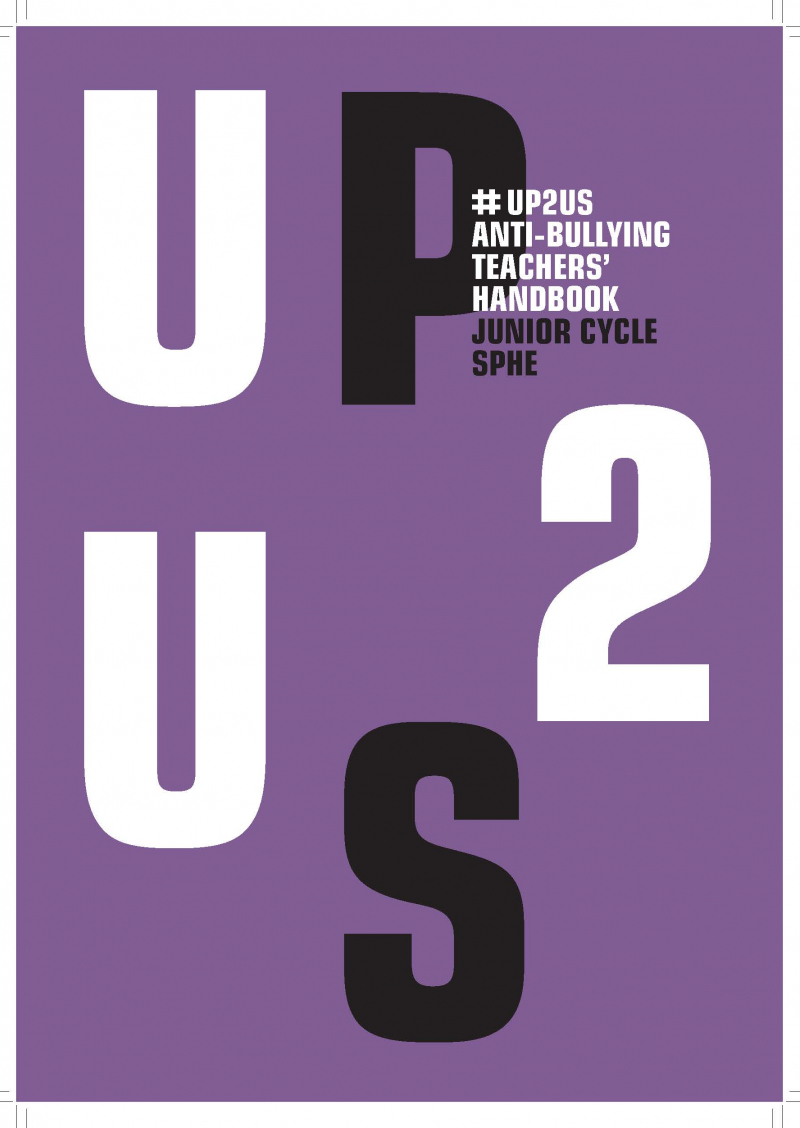Teacher Resource Centre
Displaying 1 - 15 of 15
FCA & TWB Distance Education & Digital Pedagogy Manual
This teacher training manual on Distance Education & Digital Pedagogy supports teachers and other education personnel’s continuous professional development in pedagogically high-quality distance education and remote learning especially in diverse, low resource contexts and is adaptable for use anywhere in the world.
The manual has been developed by Finn Church Aid (FCA) and Teachers Without Borders (TWB) Finland. The development of the training materials began already in 2020 as a response to the school lock-down situations caused by the COVID-19 pandemic, when teachers and learners quickly had to adapt to remote education modalities. Even though the pandemic has subsided, the need for quality distance education prevails. Ensuring the continuity of learning for all learners is critical in all contexts, even and especially during crisis situations.
The training manual consists of eight (8) training modules that can be used flexibly:
- Distance Education,
- Distance Education Modalities,
- Pedagogy of Digital and Distance Education,
- Psychosocial and Emotional Wellbeing,
- Learner-Centred Methods in Distance Education,
- Home Support – Parents and Caregivers’ Role and Collaboration,
- Inclusive Education, and
- Assessment and Evaluation.
The content design allows the trainer or facilitator to pick individual modules or sessions and adapt the training content according to the context and target group’s needs.
We hope you find it useful!
Ficha para equipos pedagógicos - Acompañar a niñas y niños en situación de emergencia
Este recurso para docentes ofrece ejemplos y materiales adicionales para apoyar a los educadores que trabajan con niños de parvulario en situaciones de emergencia. Las comunidades pueden enfrentar momentos de crisis los cuales afectan a los niños en sus contextos familiares, educativos y comunitarios. La guía ayuda a identificar estos efectos adversos y proporciona apoyo oportuno para mitigar el impacto en los niños, uno de los grupos más vulnerables en estas situaciones.
Play & resilience: a toolkit for teachers, caregivers, and other stakeholders
Play is an easy, natural and universal practice that builds resilience. Play comes naturally to all children- and is a seemingly simple and light-hearted phenomenon. The power of play as a pathway to building resilience needs to be leveraged to provide children with the opportunity to further explore play in their home and school environments.
This toolkit is therefore premised on the objectives to build the capacity of various stakeholders such as caregivers/teachers, school managers, curriculum planners and policy makers who are key actors in the process of growth and development of children. It is also aimed at equipping these stakeholders with the knowledge and pedagogical skills to translate research, policy and curriculum to practical knowledge and activities for children in the school environment. The toolkit offers directions for facilitators who will be working with caregivers/teachers using the materials and resources provided and other relevant materials available in an environment where it will be used.
Transformative pedagogy: a teachers’ guide for peace and resilience building in North Africa
This guide is designed to build the capacity of teachers so that they are informed and empowered in why and how to educate for peace-building. It offers an analysis of conflict, examines the role of ethics, expands on the elements of transformative pedagogy. It also provides practical tools to support learners’ active participation in shaping the world around them and assess learners’ understanding of peacebuilding concepts and skills, all while engaging the community.
Youth empowerment for peace and resilience building and prevention of violent extremism in Sahel and surrounding countries: a guide for teachers
This guide is designed to build the capacity of secondary school teachers and teacher educators to integrate a peace and resilience building approach in education for the prevention of violent extremism. It builds on the Transformative Pedagogy for Peace-building guide and it was contextualized to the context the Sahel and surrounding countries.
The guide redefines the role of teachers, inviting them to make a paradigm shift in adopting a transformative pedagogy that allows learners to actively participate in their own learning. Transformative pedagogy builds on active pedagogy and the competencies-based approach. The guide concludes with engaging learning activities to support experiential learning.
Transformative pedagogy for peace-building
This guide is designed to build the capacity of teachers so that they are informed and empowered in why and how to educate for peace-building. It offers an analysis of conflict, examines the role of ethics, expands on the elements of transformative pedagogy and provides practical tools to assess learners’ understanding of peacebuilding concepts and skills. It concludes with 20 engaging activities to support experiential learning.
The guide was developed as part of the "Teacher Training and Development for Peace-building in the Horn of Africa and Surrounding Countries project", which has as a long-term goal to develop a critical mass of teachers able to implement effective teaching and learning essential for preparing peace-loving and productive youth in Eritrea, Ethiopia, Kenya, Somalia, South Sudan and Uganda.
Dear Kitty: worksheets for the film Where is Anne Frank?
These worksheets are to be used with the teacher's guide "Dear Kitty: teacher's guide for the film Where is Anne Frank?".
Dear Kitty: teacher's guide for the film Where is Anne Frank?
This guide provides teachers with the necessary tools to highlight historical and current themes from the animated film "Where is Anne Frank".
It includes a preparatory lesson, a lesson to discuss the film and four detailed thematic follow-up lessons. The film and the lessons are accompanied by extensive background information and ready-to-use worksheets with information, questions and assignments.
Recommendations for teaching and learning about the Holocaust
Benefiting from the expertise of delegates from more than 30 member countries, the IHRA Recommendations for Teaching and Learning about the Holocaust are intended to provide a basis for policymakers, practitioners, and educators that will help them:
1. Develop knowledge of the Holocaust, ensuring accuracy in individual understanding and knowledge and raising awareness about the possible consequences of antisemitism;
2. Create engaging teaching environments for learning about the Holocaust;
3. Promote critical and reflective thinking about the Holocaust including the ability to counter Holocaust denial and distortion;
4. Contribute to Human Rights and genocide prevention education
Anti-bullying teacher's handbook
This anti-cyber bullying resource is designed to enable students to develop a positive sense of themselves and a commitment to caring for themselves and others.
It includes a set of ten lesson plans that is intended to be used by teachers and schools who wish to address the issue of bullying as a whole, with particular focus on the issue of cyber bullying.
Cyberbullying on social media: an analysis of teachers’ unheard voices and coping strategies in Nepal
Teachers can be potential victims of cyberbullying, particularly targeted by their students at their workplaces.
This article explores teachers' individual coping strategies of sharing, ignoring and enhancing self-efficacy to handle technology strongly and confidently, and it concludes with the implications of collaborative coordination necessary for the development of strong policies and strict cyber laws for ensuring teachers’ cybersecurity in similar contexts.
Teachers’ self-efficacy in preventing and intervening in school bullying: a systematic review
This article presents a systematic review of existing literature on the extent of teachers’ self-efficacy in managing bullying and its connection to the likelihood that teachers will intervene in bullying, to their intervention strategies, and the prevention measures they employ, as well as students’ bullying behavior and their experiences of victimization.
The study presents practical implications in relation to teacher initial education and professional development: teachers with higher self-efficacy tend to intervene more often in bullying situations, so it's important that teacher training programs are designed to support teacher's self-efficacy, through the use of appropriate methods, such as the use of role-play to practice specific professional behaviours.
Mobile mentoring for primary school teachers in crisis contexts
The following curriculum provides the content for a new mobile mentoring initiative developed to accompany the Teachers in Crisis Contexts Working Group ‘Training for primary school teachers in crisis contexts’ (https://trc-dev.gn.apc.org/professional-development-materials-and-opportunities/training-primary-school-teachers-crisis). The material is intended to provide additional layers of instructional and emotional support via mobile technology to inexperienced and under trained teachers in the most difficult of teaching contexts.
It has been designed to support both the Initial Training Pack and the Extended Training Pack and builds on the competency areas covered in both sets of trainings; ‘Teacher Role and Well Being’, ‘Child Protection, Well-being and Inclusion’, ‘Pedagogy’, ‘Curriculum and Planning’. The content provides teaching tips, motivational messages, reflection and discussion questions, plus images and video suggestions.
Training for primary school teachers in crisis contexts
The training pack responds to a critical gap in open source, competency based teacher training materials that provide coverage of foundational knowledge and skills required by teachers in crisis contexts, where teacher training is often limited to ad hoc workshops. The pack provides the basis for an in-service training program which can be used in its entirety to prepare unqualified teachers, but is also flexible enough for adaptation and use of selected modules or sessions according to the contextual needs of teachers. The pack provides foundational teacher training content on Teacher’s Role & Well-being; Child Protection, Well-being & Inclusion; Pedagogy; Curriculum & Planning; and Subject Knowledge.
Teachers in crisis contexts peer coaching pack
In crisis contexts, where many teachers are untrained or undertrained, continued support is needed most; yet professional development in these settings is sporadic, of varied quality and often lacks any follow up support post-training. To address this lack of quality professional support for teachers in crisis contexts, the Teachers in Crisis Contexts Reference Group (TiCC) published the Training for Primary School Teachers in Crisis Contexts training pack in March 2016, a competency-based training designed specifically for teachers working in emergency settings.
Following the publication of the training pack, the TiCC began work on complementary Peer Coaching materials. Peer Coaching is continuous professional development (CPD) led by teachers for teachers. The continuous support teachers are able to provide to one another through Peer Coaching helps teachers make sustained positive changes in their teaching practice. Peer Coaching provides this support through two main activities: 1) Teacher Learning Circles (TLCs), and 2) Classroom Observations.
The main components include: The Facilitator’s Guide; Peer Coaching Toolkit, Level 1 - TLCs only; and Peer Coaching Toolkit, Level 2 - TLCs plus classroom observations.











